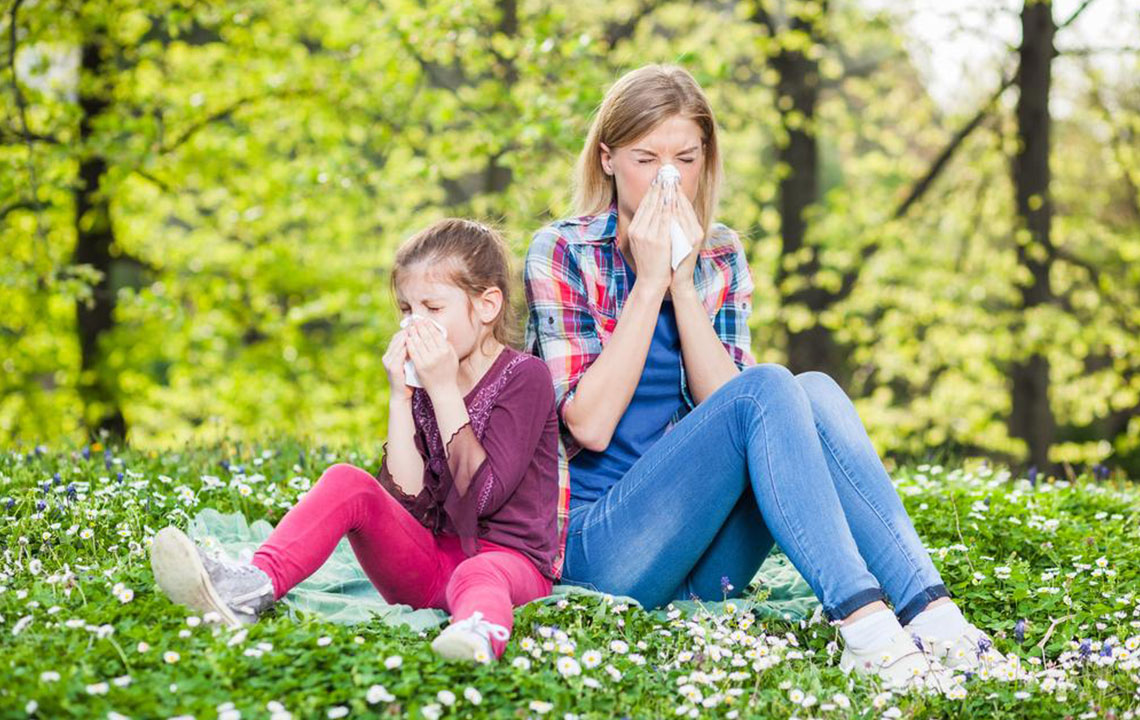Comprehensive Guide to Managing Allergies and Home Care Tips
Explore effective allergy treatments, trigger avoidance strategies, and practical home remedies. Learn how to identify allergens, use medications safely, and adopt cleaning routines to minimize allergic reactions. Always consult medical professionals for personalized advice and treatment plans.

Comprehensive Guide to Managing Allergies and Home Care Tips
An allergy occurs when the immune system reacts to substances known as allergens. These foreign particles, such as pollen, pet dander, or dust, can trigger immune responses, often resulting in inflammation. Allergies can vary from mild to severe and require appropriate treatment.
Approaches to Allergy Treatment
Effective allergy management depends on the specific allergen and its impact. Medical diagnosis involves skin tests, blood analysis, and review of medical history to identify triggers.
Following diagnosis, your healthcare provider may suggest various treatments:
Use of Medications
Medications are often the primary approach to controlling allergic reactions. They help prevent the immune system from overreacting to allergens and are available as pills, sprays, or drops. Common options include antihistamines, nasal decongestants, leukotriene modifiers, and corticosteroids.
Note that these medications can have side effects, such as elevated blood pressure with steroids. Always take medications under healthcare supervision, following your doctor’s guidance.
Trigger Avoidance Strategies
Identifying and avoiding allergy triggers is crucial during treatment. For example, if pollen causes issues, minimizing outdoor plants or staying indoors during high pollen seasons is advised. Proper identification of allergens enhances effective avoidance.
Allergen Immunotherapy
This treatment is suitable for persistent or severe allergies. It involves injecting small amounts of allergens to modify the immune response over time. Alternatively, some treatments are administered orally.
Home Care Tips for Allergy Relief
Common allergens include pet fur, pollen, dust mites, mold, certain medications, bee stings, nuts, wheat, soy, dairy, and latex. To reduce allergic reactions:
Change clothes after being outdoors to prevent indoor allergen buildup
Take a shower before sleep to wash away allergens
Wash bedding regularly with hot water
Use saline nasal rinses for nasal allergies
Ensure proper sealing of household leaks to prevent moisture and mold growth
Use dehumidifiers to control indoor humidity
Frequently clean carpets, rugs, and upholstery
Important Notice:
The information provided regarding allergy symptoms, treatments, and related health issues is for informational purposes only. It should not replace professional medical advice. Always consult qualified healthcare providers for diagnosis and treatment decisions. Use the information responsibly and seek expert guidance when necessary.










